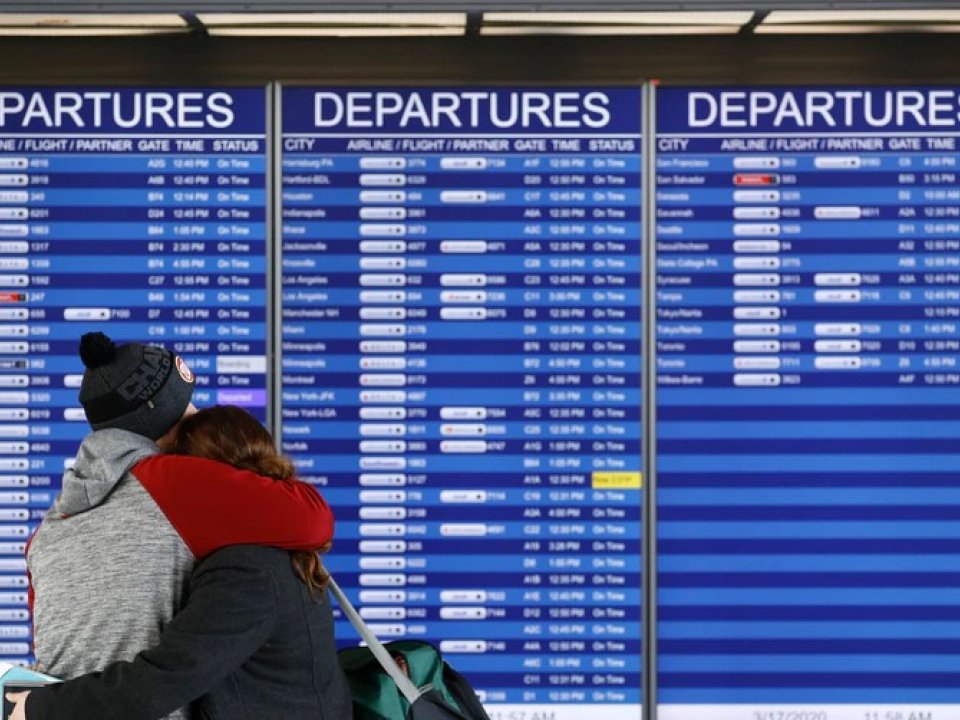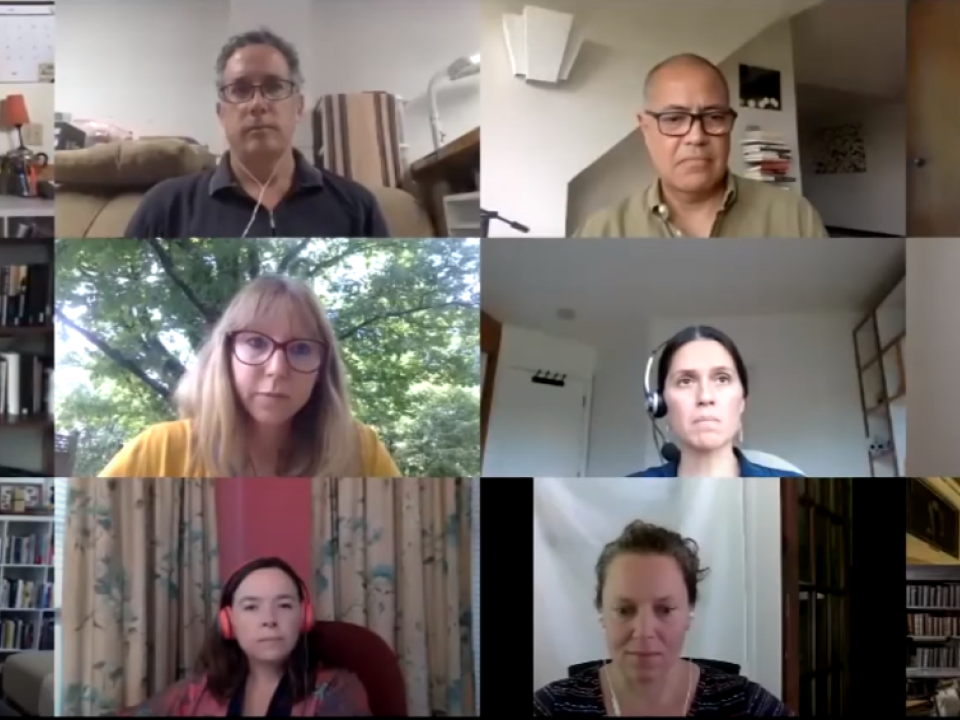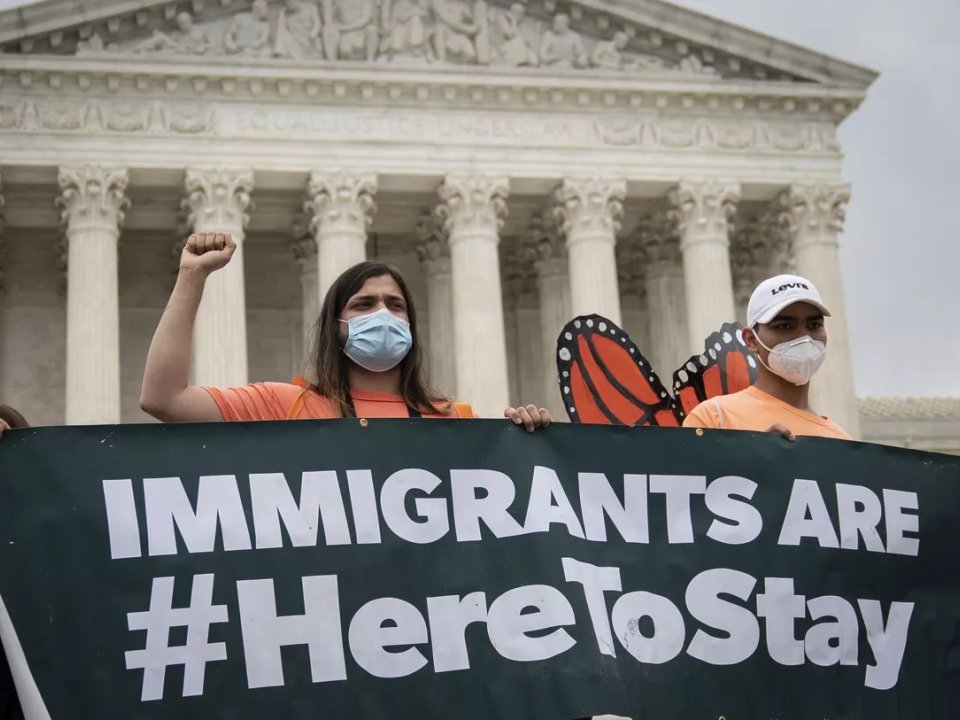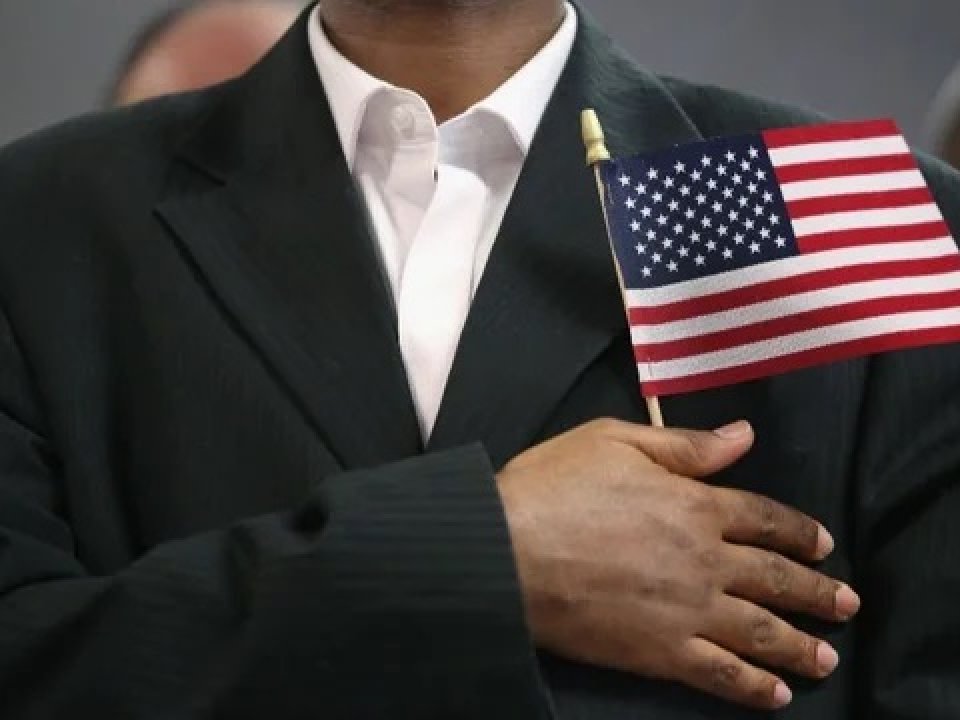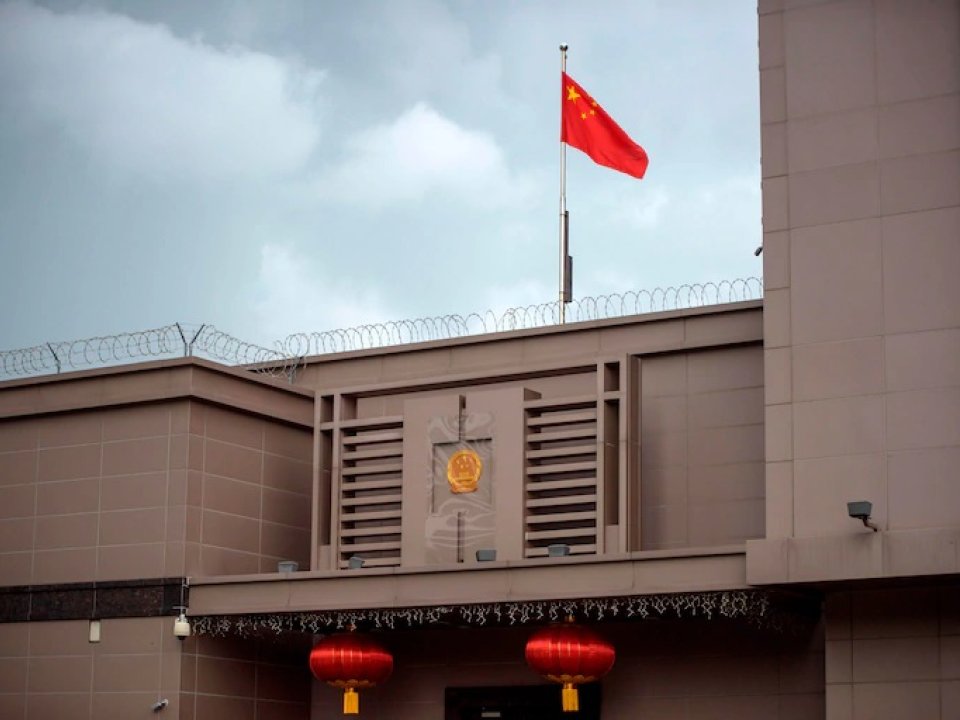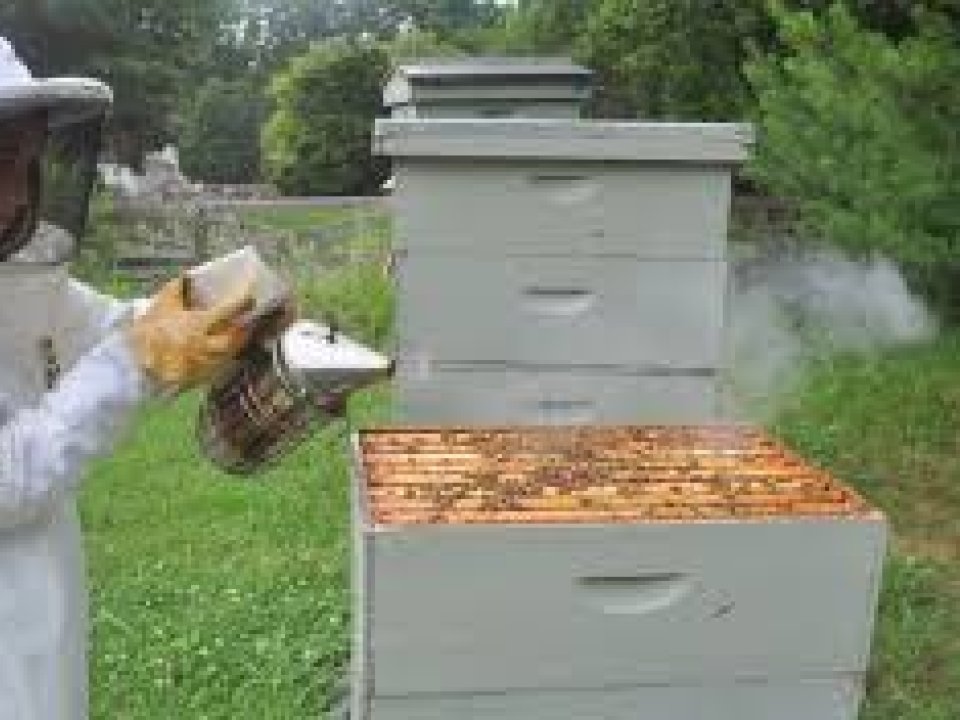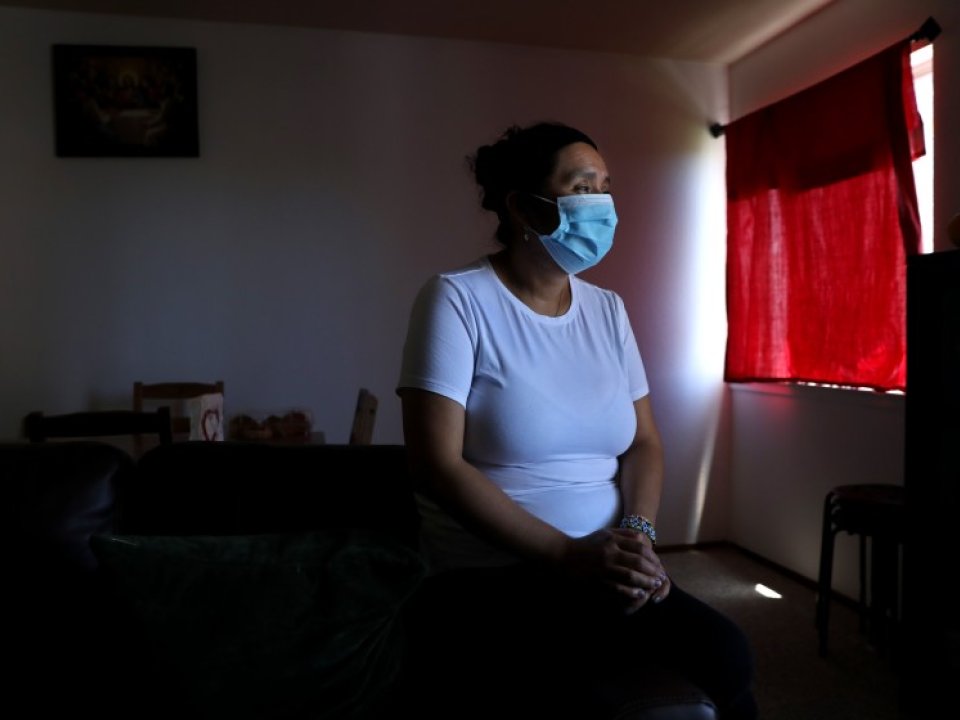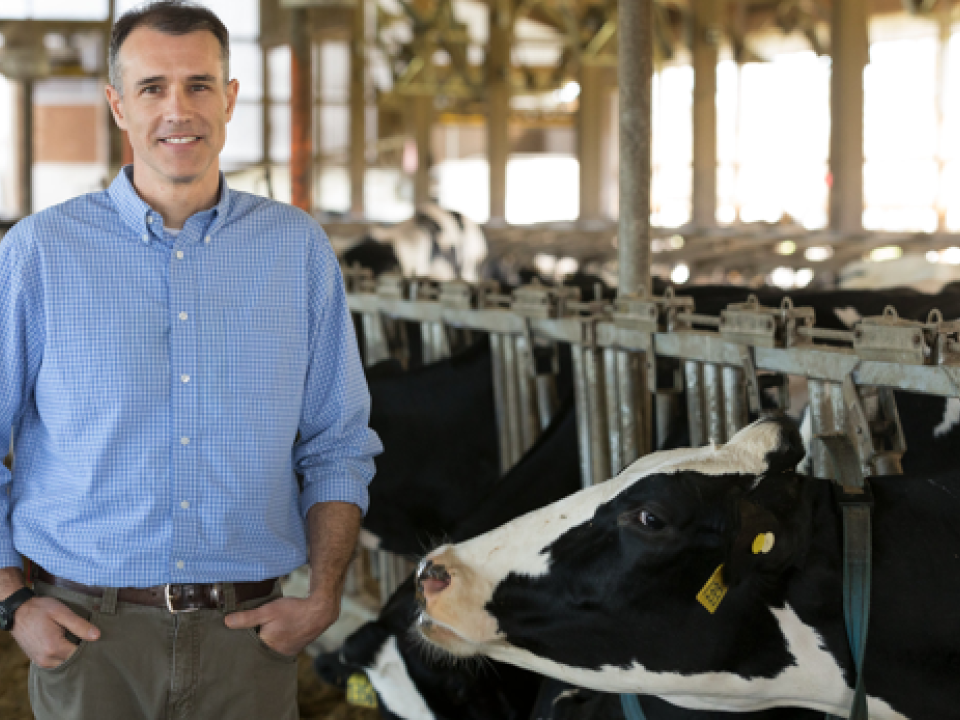News
“Many of these jobs are specialized and, depending on the nature of the job, it may not be feasible for an employer to find a U.S. worker to replace them,” says Stephen Yale-Loehr, professor of immigration law.
Einaudi Center Migrations faculty fellows Steve Yale-Loehr and Gunisha Kaur discuss the coronavirus crisis affects on immigrants, asylum seekers, and refugees, including new healthcare, public benefits, and detention policies these populations face.
Our world is increasingly in motion. In a new interdisciplinary course, "Migrations: A Global, Interdisciplinary, Multispecies Examination" (DSOC 4940), we approach migrations as multispecies phenomena emerging from dynamic socioecological systems.
The sudden shift to 'work from home' has come as a surprise to Indian technology firms, but according to Kaushik Basu, professor of economics and international studies, “digital globalization is going to grow” regardless of populist waves sweeping politics.
Stephen Yale-Loehr, professor of immigration law, says “This makes the election even more important than before. If President Trump wins reelection, he will have another four years to try to terminate the DACA program.”
In this op-ed, law professor Stephen Yale-Loehr and post-doctoral fellow Mackenzie Eason argue that increasing the number of highly skilled foreign workers will help the U.S. recover from its current economic crisis, and they call for a new pilot program that would admit 50,000 additional skilled immigrants each year through a points system.
Associate professor of government, Jessica Chen Weiss co-writes this op-ed on how the U.S. ordering the Chinese consulate in Houston to close puts greater pressure on the already-tense relationship between the two countries.
Entomology professor, Bryan Danforth found that honeybees will go to almost any host plant for pollen and nectar, while other bees can be highly specialized, visiting just a single plant species. “If their preferred host plant disappears, these pollen-specialist bees will likely go extinct, as well,” he says.
“Nobody wants to go to work when they think they have COVID-19 and expose people. But if the choice is between that and seeing your children go hungry, you will expose people to this virus,” says Jamila Michener, associate professor of government.

